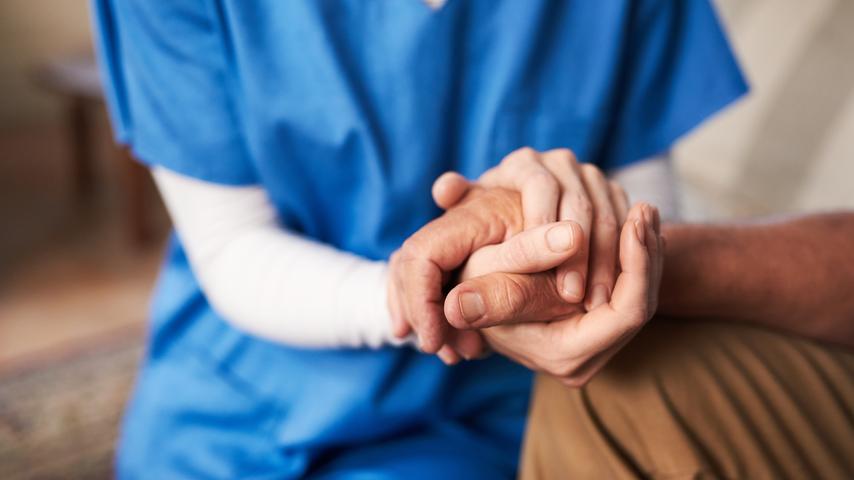Need Help
For enquiries please call
WhatsApp

L.B. Nagar,
Hyderabad
Lakdi-Ka-Pul,
Hyderabad
Parel,
Mumbai
Kengeri,
Bengaluru
Perumbakkam – Sholinganallur,
Chennai
L.B. Nagar,
Hyderabad
Lakdi-Ka-Pul,
Hyderabad
Parel,
Mumbai
Kengeri,
Bengaluru
Perumbakkam – Sholinganallur,
Chennai
Endoscopy is one of the most useful nonsurgical procedures that allows gastroenterologists to examine a patient’s digestive tract in great detail. The procedure is conducted using an endoscope, which is a flexible tube that has an attached light and camera. The tube is inserted into your body via a small incision or opening such as through the mouth, giving your doctor a clear view of the digestive tract.
Endoscopy is helpful for the visual examination of the digestive tract without the need for large surgical incisions and is used as a diagnostic tool to identify the cause of abnormal symptoms. It may also be used to collect tissue samples, as in the case of an endoscopic biopsy. Endoscopy can also be used to treat certain gastrointestinal conditions such as to stop bleeding from an ulcer or to remove gallstones.
To prepare for upper GI endoscopy or stomach endoscopy, you simply need to abstain from any food or drink (excluding water) for a period of 6 to 8 hours before the procedure. In case of a colonic endoscopy or colonoscopy, the colon must also be cleared of any fecal matter prior to the procedure and you may be advised to take a laxative before the procedure. You should also make it a point to inform your doctors about any medications that you may be taking before undergoing an endoscopy.
An endoscopy is performed under local anesthesia, so you will not experience any discomfort or pain during the procedure although you will remain conscious. During the procedure, the endoscopy tube will be inserted through the mouth, which you will be asked to swallow. The local anesthetic will prevent coughing or gagging as the tube passes through, while a mouth guard will be used to protect your teeth. As the endoscope makes its way through the digestive tract, the tiny camera within it relays detailed images onto a screen. Once your doctor has completed the examination or treatment, the endoscope will be withdrawn from your mouth.
An endoscopy is an outpatient procedure, which means that you will not require any hospitalization after the endoscopy. You will simply need to rest for a couple of days and you may also be advised to take certain medications to relieve symptoms like soreness of the throat, gas, bloating, and cramping that can occur of after an endoscopy.
As is the case with any medical procedure, an endoscopy comes with its own sets of risks and benefits. However, your doctor will only recommend the procedure if the benefits outweigh the risks.
The main benefits of endoscopy are:
The risks of endoscopy include:
Endoscopy costs can vary considerably, depending on the choice of hospital and the type of endoscopy procedure that is required. For example, the endoscopy price of Upper Gastrointestinal or GI Endoscopy will be different from that for Bronchoscopy or Laparoscopy, all of which are endoscopic procedures.
BGS Gleneagles Global Hospital, Kengeri, Bengaluru features gastroenterologists with expertise and experience in performing endoscopies and interpreting results. With advanced diagnostic technology, they can ensure the accurate and precise diagnosis of both common and rare GI conditions, ensuring effective treatment. Some of the common endoscopy diagnostics and treatments offered include:

Indian Standard for Hospital Accreditation

Indian Standard for Blood Bank Accreditation
For enquiries please call